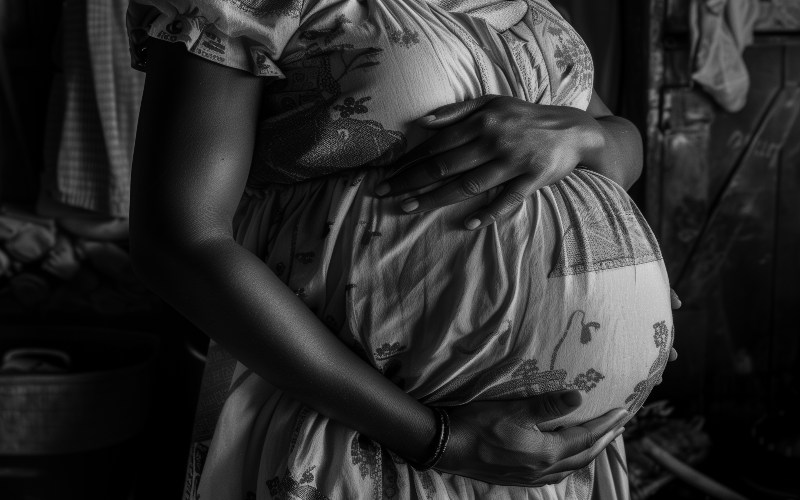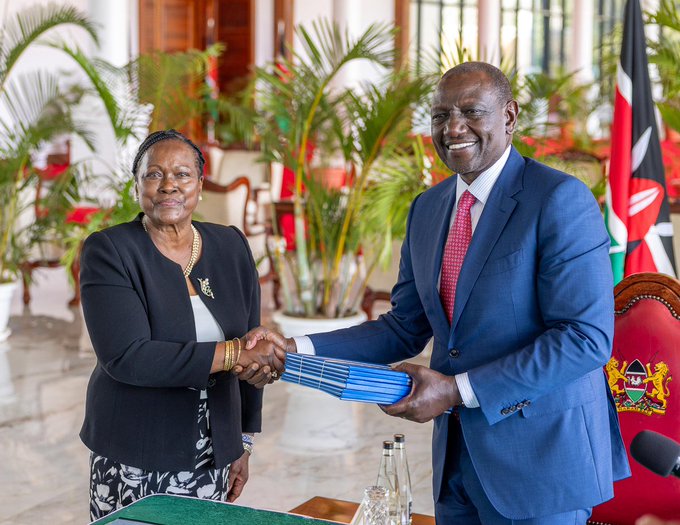Senate Committee moves to ban detention of patients, bodies over unpaid medical bills

Sponsored by Nyamira Senator Okong’o Omogeni, the Bill explicitly forbids health facilities from holding patients or corpses as leverage for unpaid bills.
The Senate Health Committee has dismissed objections from the Ministry of Health and private hospitals on a Bill that seeks to ban the detention of patients and deceased bodies over unpaid medical bills.
The Committee stated that the Health (Amendment) Bill, 2025, targets unlawful detention, not the collection of fees, and emphasised that constitutional rights must apply equally to all facilities.
More To Read
- Health Ministry clarifies Kenya–US health partnership respects sovereignty, data protection
- Third Kilifi health forum opens with urgent calls for financing, digital solutions
- KNCHR says Kenyans still locked out of healthcare despite Sh138 billion SHA boost
- England confirms new mpox strain: What you need to know
- Kenya urges stronger regional cooperation as transport corridors fuel disease risks across East Africa
- MPs ditch SHA, the public health scheme they once praised, and opt for private cover
The Ministry of Health had argued that charging for hospital and mortuary services should not be criminalised and that cases of nonpayment should be resolved administratively.
“Mortuary services are billable and subject to applicable fees as per an institution’s approved rates. Charging for these services cannot, therefore, be criminalised,” the Ministry stated.
It added that hospital and mortuary services are already included under the social health insurance scheme, which provides standard tariffs for all patients.
Private hospitals also opposed the Bill, warning that it undermines their financial stability.
“While patient rights are in the primary legislation, health facility rights are relegated to subsidiary regulations, creating a hierarchy that devalues provider interests,” said Aga Khan Hospital.
The facility explained that private hospitals operate without government subsidies and rely entirely on patient payments to cover salaries, maintain equipment, purchase medicines, and remain prepared for emergencies.
Despite these objections, the Committee, chaired by Uasin Gishu Senator Jackson Mandago, insisted that the Bill is necessary to protect citizens from unlawful detentions.
“We have resolved to reject the proposal by the Ministry of Health and the Aga Khan Hospital,” Mandago said, adding that detaining patients or bodies as collateral for unpaid fees has already been prohibited by the High Court.
Nominated Senator Tabitha Mutinda urged the ministry to prioritise registering more Kenyans under the Social Health Authority (SHA) to reduce the risk of such detentions.
Sponsored by Nyamira Senator Okong’o Omogeni, the Bill explicitly forbids health facilities from holding patients or corpses as leverage for unpaid bills.
Facility administrators who violate the law could face fines of up to Sh2 million, and hospitals would forfeit any deposits or partial payments made by families.
The Health Cabinet Secretary would also have powers to recover funds paid to facilities that detain patients or bodies unlawfully and to issue regulations on how medical fees should be collected.
The legislation follows growing public outrage over cases where hospitals, particularly private ones, detained patients or corpses because families could not pay their bills. Many Kenyans have been forced to take loans, sell property, or organise community fundraisers to secure the release of their loved ones.
The committee rejected suggestions to exempt private hospitals from the law, arguing that constitutional rights must apply equally across all facilities.
“Constitutional rights are universal and cannot be selectively applied based on facility ownership. The World Health Organisation (WHO) position is clear - detention should be prohibited in both public and private facilities,” it said.
Top Stories Today
















































